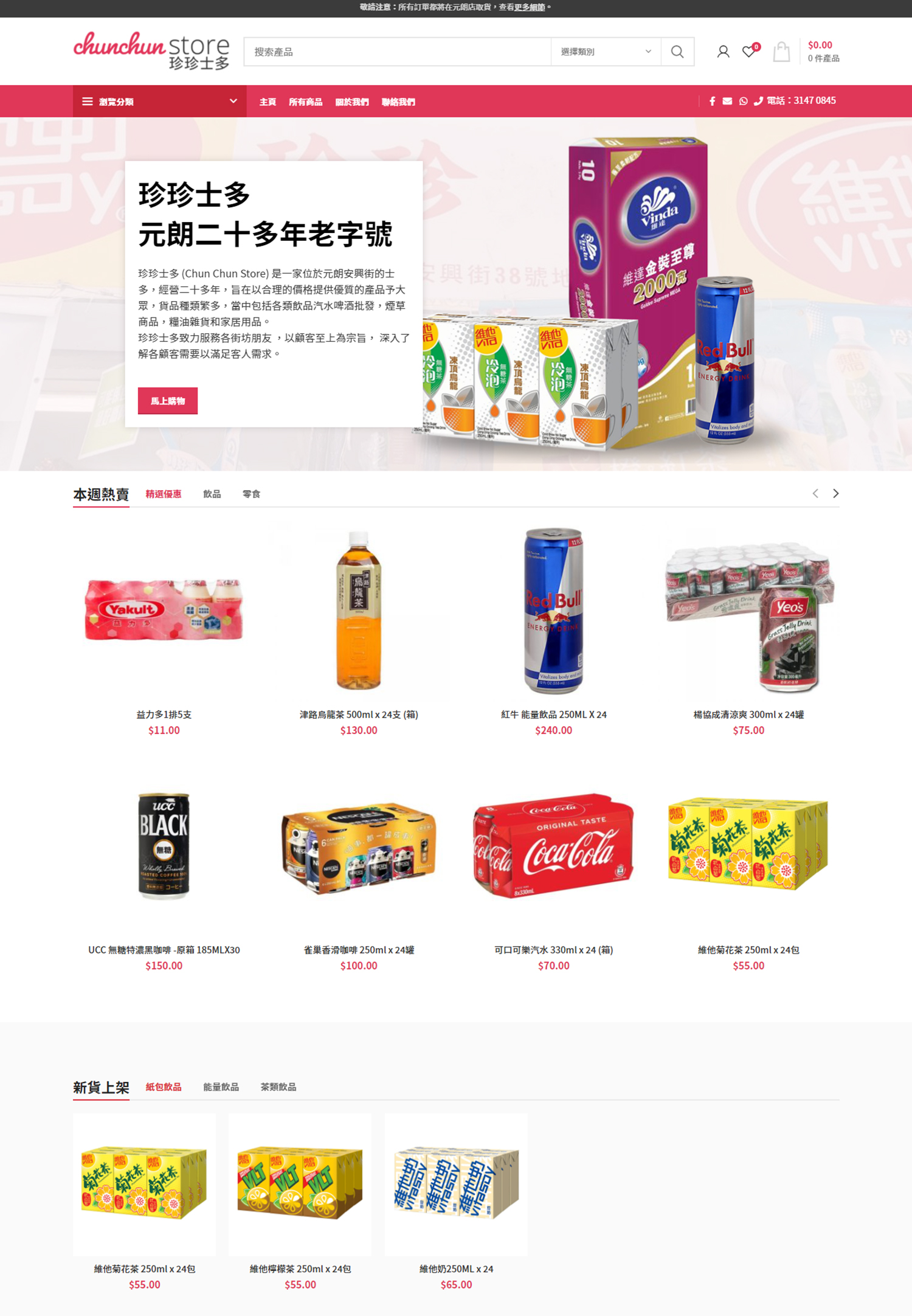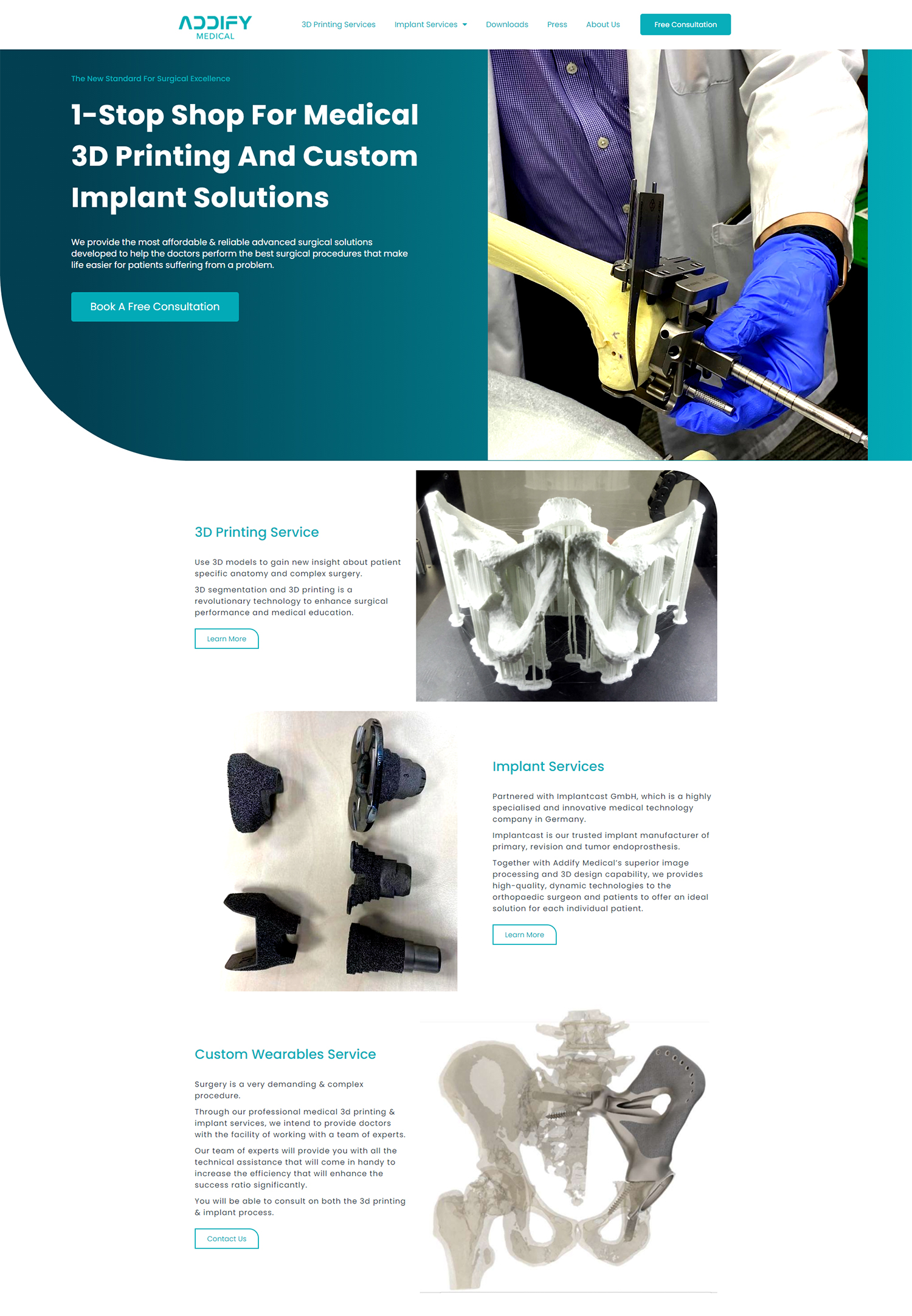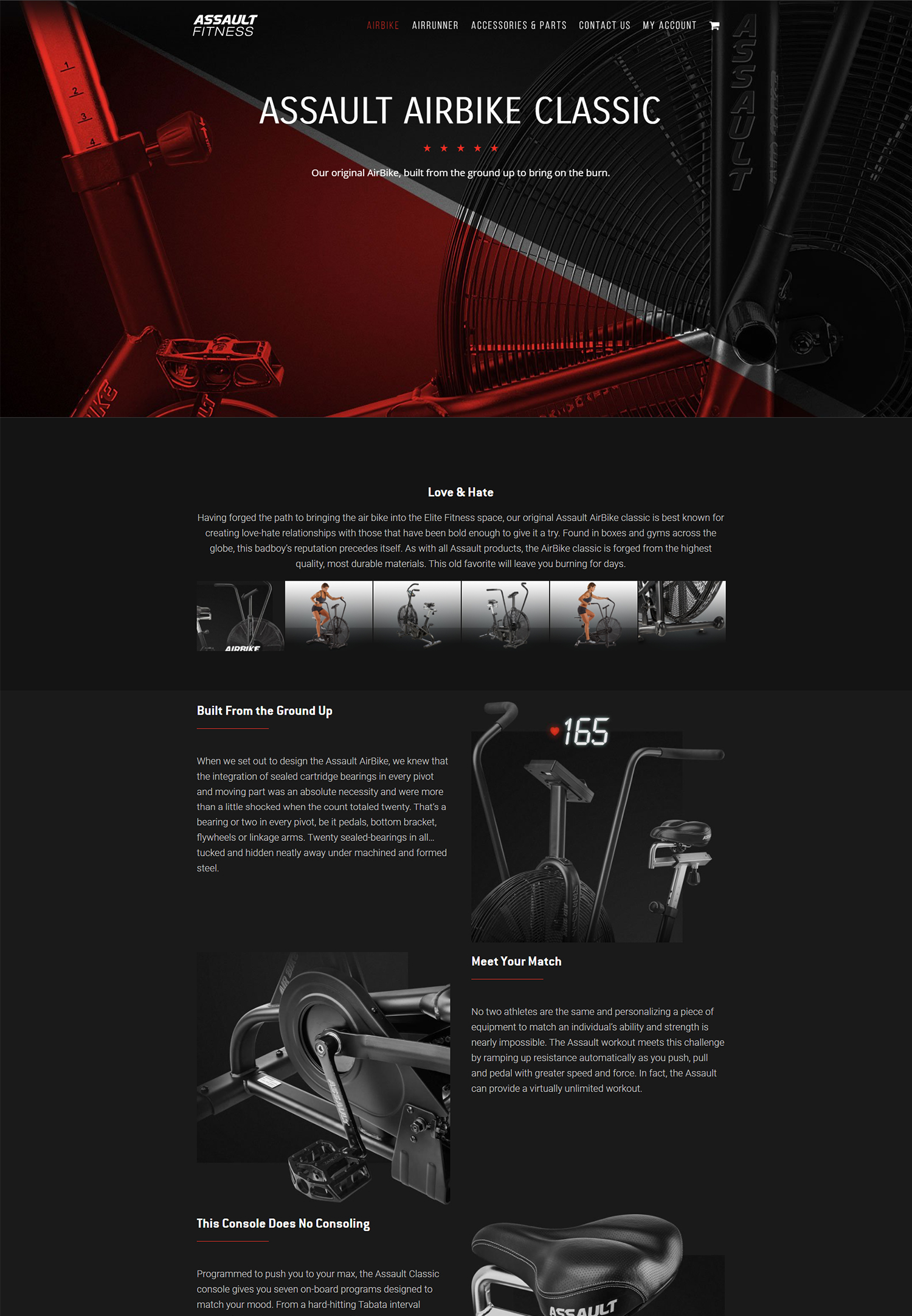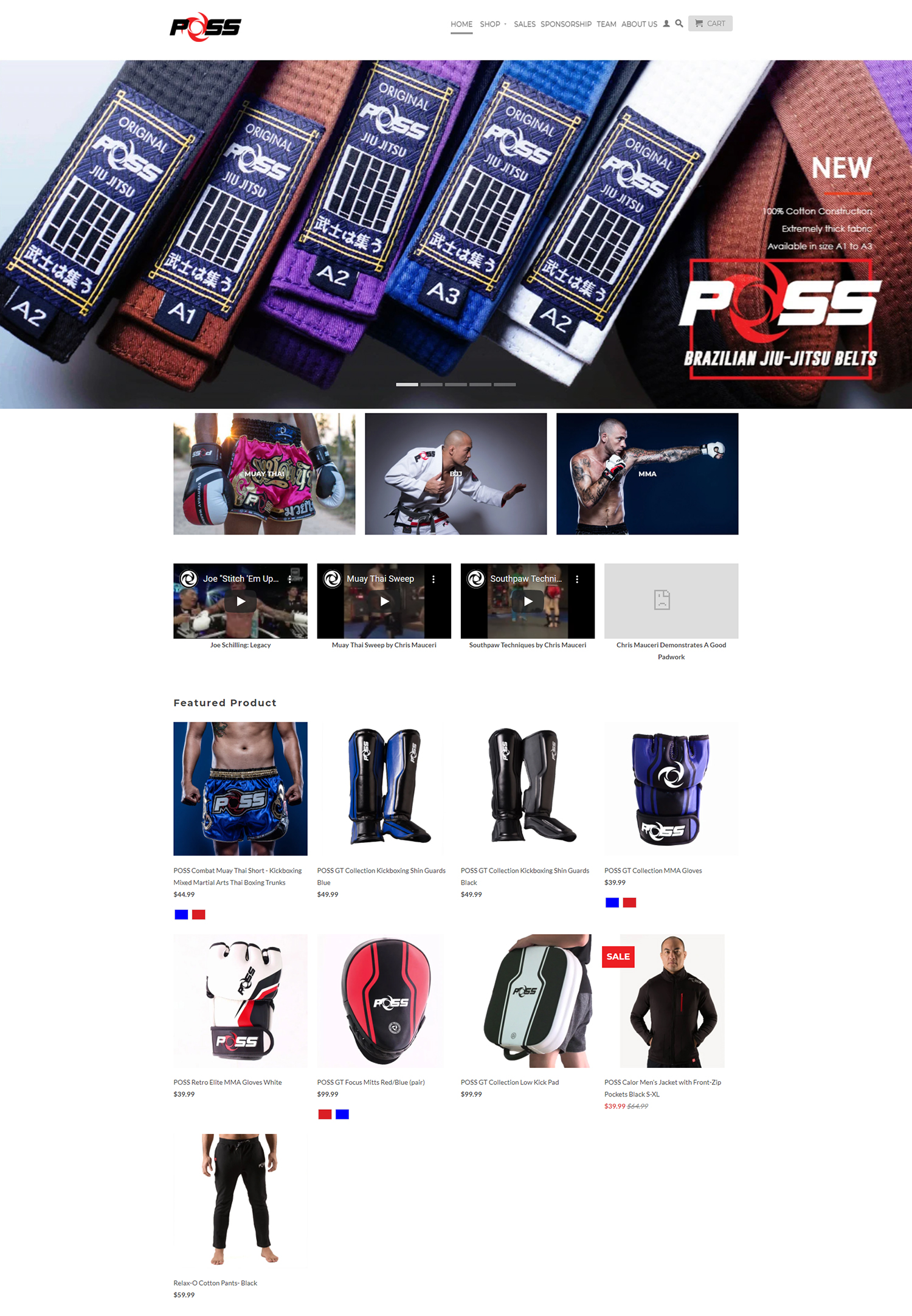A Complete Guide to Meta Tags’ Function in Local SEO Meta tags are crucial HTML elements that inform users and search engines about a page’s content. They are essential to local search engine optimization (SEO), which aims to make a website more visible in local search results. When consumers look for goods or services in their area, search engines use meta tags to assess a webpage’s context and relevancy. Businesses that operate in particular geographic areas will find this relevance especially important as it enables them to connect with potential clients who are looking for local solutions. Meta tags are important because they affect click-through rates (CTR) in addition to visibility.
Key Takeaways
- Meta tags play a crucial role in local SEO by providing search engines with important information about a business’s location and services.
- Implementing location-based meta tags, such as geo-targeted keywords and schema markup, can significantly improve a business’s visibility in local search results.
- Optimizing title tags with relevant local keywords can help businesses attract more local customers and improve their local search rankings.
- Utilizing meta descriptions to provide concise and compelling information about a business’s location and services can increase click-through rates from local search results.
- Monitoring and analyzing the impact of meta tags on local SEO is essential for identifying areas of improvement and adjusting strategies for better results.
A strong title tag and meta description can increase website traffic by persuading users to click on a link rather than another. This entails not only drawing in more customers for nearby businesses, but also making sure that those visitors have a higher likelihood of becoming clients. Businesses can improve their online visibility, rank higher in local search results, & eventually increase foot traffic to their physical locations by implementing meta tags effectively.
In order to implement location-based meta tags, geographic identifiers must be carefully incorporated into a webpage’s meta elements. This approach is essential for local SEO because it gives search engines insight into the precise region a company serves. For example, “Austin” ought to be included in the title tags and meta descriptions of a bakery situated in Austin, Texas. Because of this specificity, search engines are informed that the bakery is relevant to people looking for baked goods in that city.
Businesses can improve their local SEO by adding neighborhood names or regional identifiers to their meta tags in addition to city names. For instance, “Downtown Austin Plumbing” could be a part of the title tag for a plumbing company that works in Austin’s “Downtown” neighborhood. Not only does this level of detail increase the likelihood of showing up in local search results, but it also makes it easier for prospective clients to locate services that are conveniently close to them. By using these location-based meta tags, companies can greatly improve their exposure to local customers.
One of the most important components of on-page SEO is title tags, which are also essential for local search optimization. A well-optimized title tag should be brief, informative, and contain pertinent keywords that represent the company’s products and location. For instance, a San Francisco dentist’s title tag might say, “Family Dentist in San Francisco | Affordable Dental Care.”. This title makes it obvious to users and search engines what the page is about by including the location in addition to the main keyword “dentist.”. Also, to guarantee that title tags appear accurately in search engine results pages (SERPs), they must be kept within the suggested 50–60 character range. An excessively lengthy title tag may be truncated, which would result in the loss of crucial information.
Also, putting the most crucial keywords at the start of the title can improve relevance and visibility. Businesses can increase the likelihood that their title tags will rank higher in local search results & get more clicks from potential clients by optimizing them using these best practices. In SERPs, meta descriptions appear beneath the title tag and provide a concise synopsis of the content of a webpage. Although well-written meta descriptions have no direct effect on rankings, they can have a big impact on click-through rates. Including location-specific keywords & an effective call-to-action (CTA) in the meta description is essential for local SEO.
For example, a coffee shop in Seattle might have the following meta description: “Come to our welcoming coffee shop in Seattle for delectable pastries and freshly brewed coffee. This description not only draws attention to the location but also entices potential customers to place an online order for pickup or delivery. To make sure they are fully visible in search results, businesses should strive to keep meta descriptions between 150 and 160 characters, in addition to including location-based keywords. Users may choose to click on the link over listings from competitors if the description is brief but informative.
Unique selling propositions, like exclusive deals or distinctive products, can also help a company stand out in local searches. Through the effective use of meta descriptions, companies can increase their visibility and draw in more local clients. One type of structured information that aids search engines in comprehending the context of content on a webpage is schema markup.
By using schema markup created especially for local businesses, businesses can give search engines comprehensive details about their locations, services, & contact information. Rich snippets, which show additional information like ratings, reviews, and business hours, can benefit from this extra context by increasing visibility in SERPs. Schema markup, for instance, can be used by a restaurant to specify its menu items, prices, and even customer reviews. When users search for “best Italian restaurant near me,” schema markup can help make sure that the restaurant shows up in the local search results with rich snippets that highlight its offerings.
Schema markup implementation can greatly increase a company’s chances of appearing prominently in local searches, but it does require some technical know-how. Through efficient use of this tool, companies can improve their online visibility & draw in more local clients. Enhancing local SEO requires the use of geo-targeted keywords in meta tags. The precise locations of a business’s operations or clientele should be reflected in these keywords. For example, a landscaping business with locations in Denver and Boulder should design distinct pages that are optimized with geo-targeted keywords for each city.
The Denver page’s title tag might say “Professional Landscaping Services in Denver,” whereas the Boulder page’s might say “Expert Landscaping Solutions in Boulder.”. Along with city names, companies should think about including relevant geographic terms in their meta tags, like neighborhoods or landmarks. For instance, a gym close to “Central Park” might use this landmark in its meta description and title tag to draw in customers looking for local fitness centers. Businesses can enhance their relevance in local searches and raise their chances of connecting with potential clients who are searching for services in particular areas by carefully putting these geo-targeted keywords into meta tags. Understanding how well a website performs in search results and pinpointing areas for improvement require tracking and evaluating the effect of meta tags on local SEO.
Resources like Google Analytics & Google Search Console offer important information about how users engage with a website and how it ranks for particular keywords. Businesses can evaluate the efficacy of their meta tags by monitoring metrics like organic traffic, click-through rates, & keyword rankings. For example, a company’s visibility in local searches is positively impacted if it observes an increase in organic traffic following the optimization of its title tags & meta descriptions with geo-targeted keywords.
On the other hand, it can be necessary to review the content or take into account other optimization techniques like speeding up page loads or improving user experience if some pages are performing poorly even with optimized meta tags. Businesses can make data-driven decisions that improve their local SEO efforts by routinely tracking these metrics. Businesses should follow a few best practices to optimize meta tags for local SEO as effectively as possible. Priority one should be given to carrying out in-depth keyword research in order to determine the pertinent terms that prospective clients are using when looking for nearby services. Tools such as SEMrush and Google Keyword Planner can be used to find useful information about the most common search terms in particular regions.
Also, it is essential to keep all meta tags consistent in order to build brand identity and enhance user experience. Companies should naturally include pertinent keywords in their title tags and meta descriptions while making sure they appropriately reflect the content on each page. It’s crucial to refrain from stuffing descriptions with keywords; instead, concentrate on writing interesting and educational descriptions that appeal to readers. Also, content can be kept current & relevant by routinely updating meta tags in response to shifting trends or seasonal promotions. By modifying meta tags in accordance with changing consumer behavior, companies can maintain their competitiveness in local search results. These best practices can help businesses connect with local customers who are looking for their goods or services and improve their online visibility.
In conclusion, any company looking to enhance its local SEO efforts must comprehend and put into practice efficient meta tag strategies. Businesses can greatly improve their online presence and draw in more clients from their target regions by concentrating on location-based optimization strategies like geo-targeted keywords and schema markup and closely observing performance indicators.
If you’re interested in learning more about how to improve your local SEO strategy, you may want to check out this article on Facebook retargeting strategy. This article provides valuable insights on how to effectively target and engage with potential customers on Facebook, which can complement your efforts in leveraging meta tags for local SEO. By incorporating both strategies into your digital marketing plan, you can increase your online visibility and drive more traffic to your business.




























